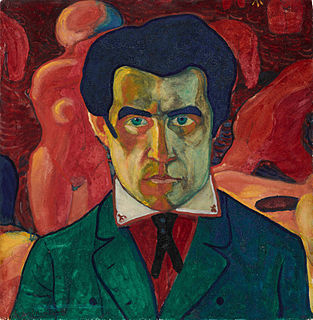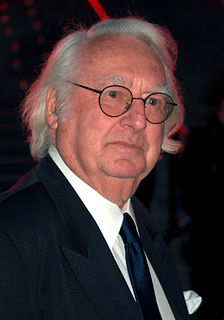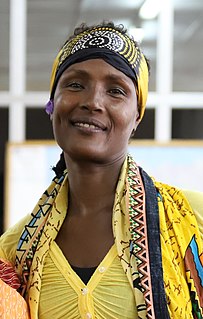A Quote by I. M. Pei
In northern architecture - the cathedrals of Europe and all the little churches - the details, the carving of stone, become necessary because the light is not there to help you very much. You have to enrich surfaces. The desert reduces form to its simplest nature. There is no need for gargoyles or flying buttresses in the desert.
Related Quotes
It is very hard to live with silence. The real silence is death and this is terrible. To approach this silence, it is necessary to journey to the desert. You do not go to the desert to find identity, but to loses it, to lose your personality, to be anonymous. You make yourself void. You become silence. You become more silent than the silence around you. And then something extraordinary happens: you hear silence speak.
L.A. as a geographical entity is very much a mixture of surf, desert, and the mountains, earthquakes and urban sprawl. Within an hour of driving, you can be out into the desert. I like that very much about living on the edge of a continent, conceptually is an interesting place to be. You're at this kind of juncture of a tectonic plate. The idea that the Pacific Ocean is right behind us, on a macro scale, is an interesting place to be.
When I started studying architecture, people would say, you know, 'Can you tell me why are all modern buildings so boring?' Because, like, people had this idea that in the good old days, architecture had, like, ornament and little towers and spires and gargoyles, and today, it just becomes very practical.






































